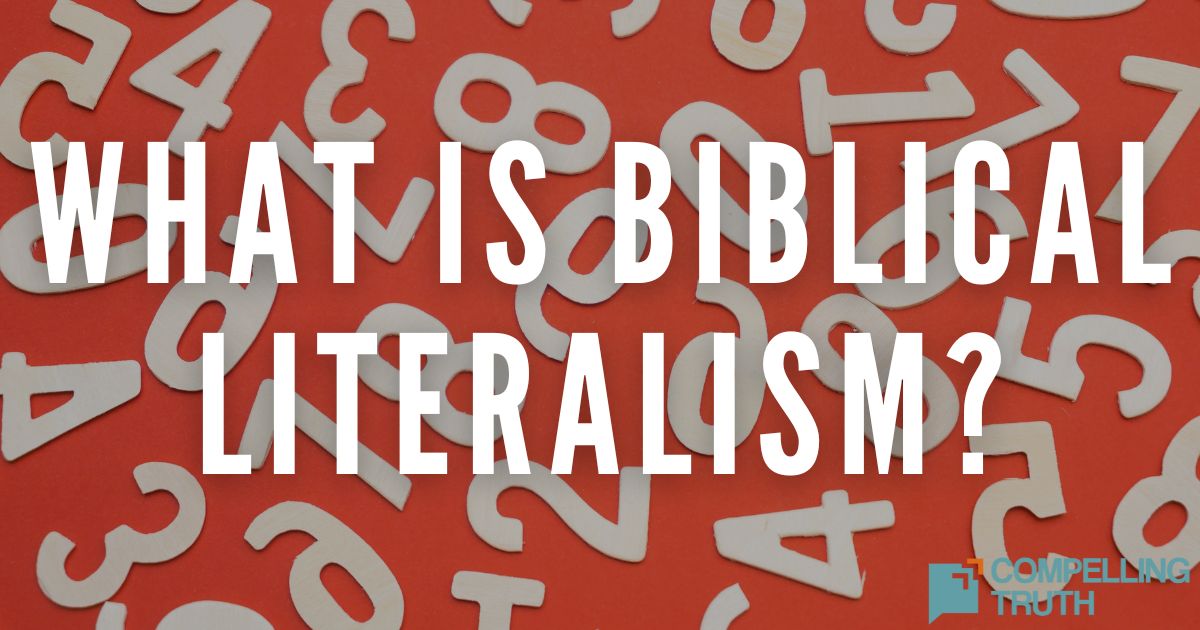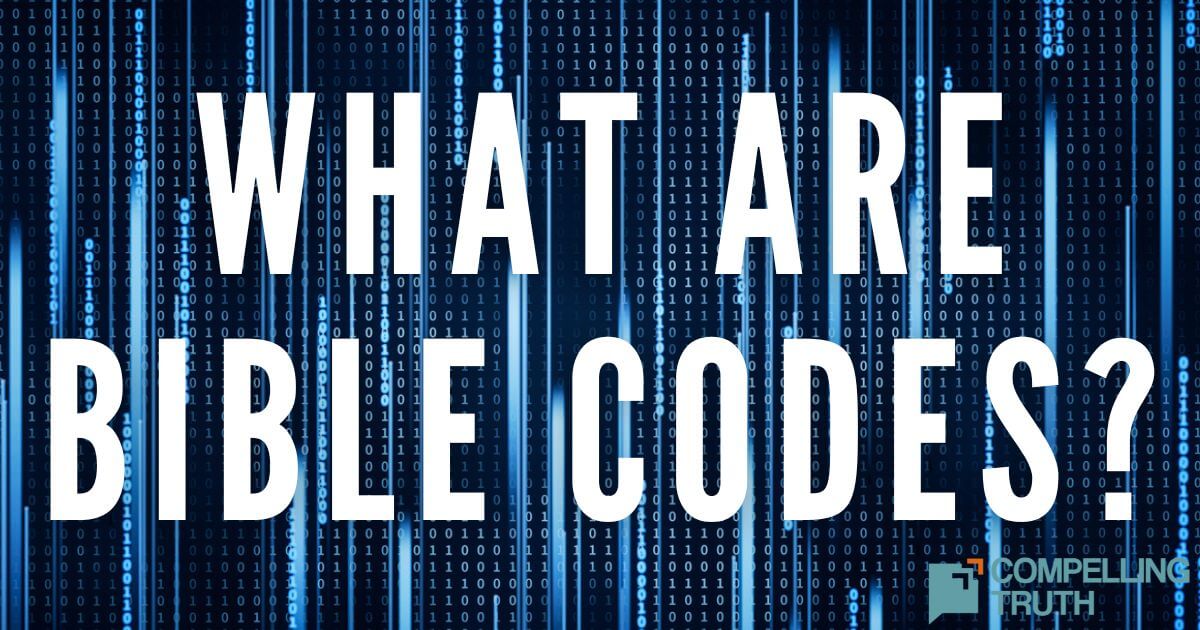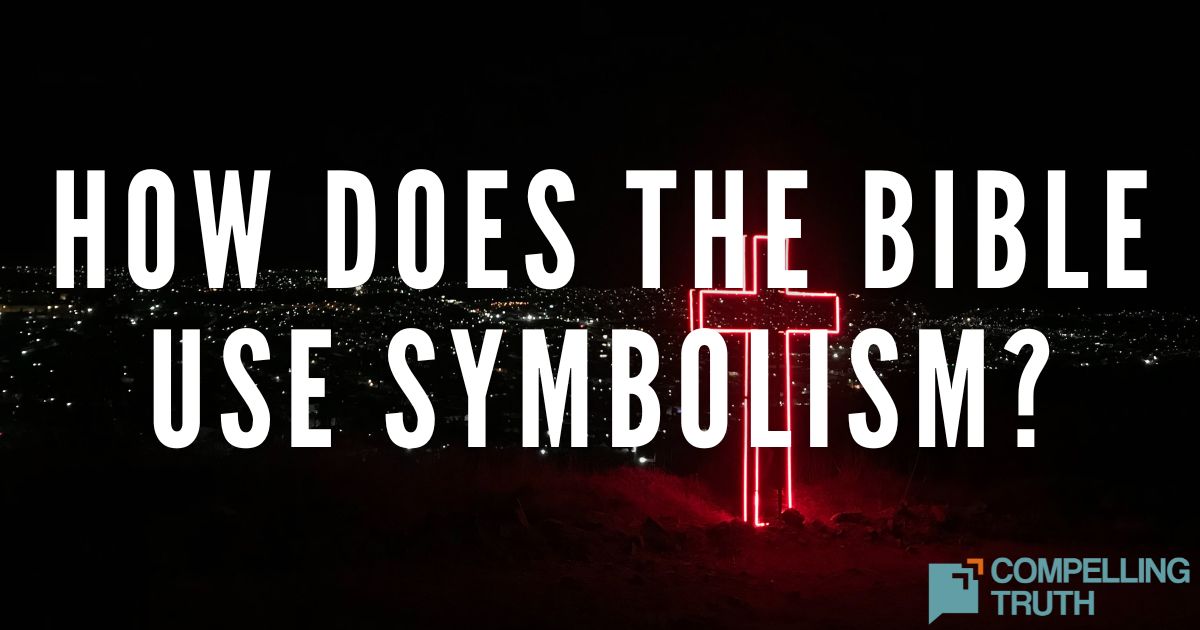what does the bible say?
God uses signs and symbols to communicate large ideas. When He stopped the rain and preserved Noah, his family, and animals, God sent a rainbow as a promise that He would never again flood the entire earth (Genesis 9:12–17). The rainbow is a literal thing but is also representative of God's covenant with Noah (and all of mankind). Bread is used to symbolize God's presence with His people (Numbers 4:7), the gift of eternal life (John 6:35), and Jesus' body broken for us on the cross as a sacrifice for our sins (Matthew 26:26; 1 Corinthians 11:23–26). Bread is a real thing but is also used to convey a deeper truth in certain places. God does the same with certain numbers, such as three and seven, at certain times. We should be intentionally careful when attaching meaning to a number, but when it is intentionally stated or repeated, such as with the number seven, we need to pay attention and understand its purpose. Seven often carries with it a fulfillment or completion. Christ is the ultimate fulfillment, and we are called to find our satisfaction in Him.




